PERIMETER
Perimeter is a narrative history of the outermost edge of Manhattan Island.
For centuries the water’s edge was the economic, cultural, and romantic center of the island until planes slowly gained prominence over ships. The waterfront was ignored for decades and by 1990 it had mostly been abandoned.
Perimeter is about walking, curiosity, and exploration. The book follows my 1991 counter-clockwise walk following the line where land meets water. Circumambulating Manhattan Island is not a new idea, though my adherence to the actual shoreline was more exacting than others. In 1925, Stanley Isaacs, the borough president from 1938 to 1941, wrote a long poetic letter to his wife about walking around the island, saying “I never had a more interesting picture of what New York is, and stands for, and I do not know how to get as good a picture in any other way.”
Isaacs’s walk was inspired by Commissioner of Education John Finley. A section of the East River walkway is named in his honor. He walked a lot, even when he was the busy editor of The New York Times. I learned a lot about Finley from the 168 boxes of his papers archived at the New York Public Library.
In 1933, as rust was beginning to appear along the edge, Helen Worden walked around the island in bite-size trips with a lady friend—in stiff, low heeled shoes. The jacket of her book “Round Manhattan’s Rim” says she captured “the tang of the places that rim the edge of the island.” Most of what she saw is now gone.
Nearly sixty years later, with no awareness of Isaacs’, Finley’s, or Worden’s peregrinations, I traversed the island’s outermost edge—a place most people had no reason to go by the 1970s. Today, with bike paths, mini-golf courses, luxurious piers, and designer parks dotting the landscape, it is nearly impossible to recall what it was like a generation or two ago.
Perimeter is about relentless change and how things stay the same.
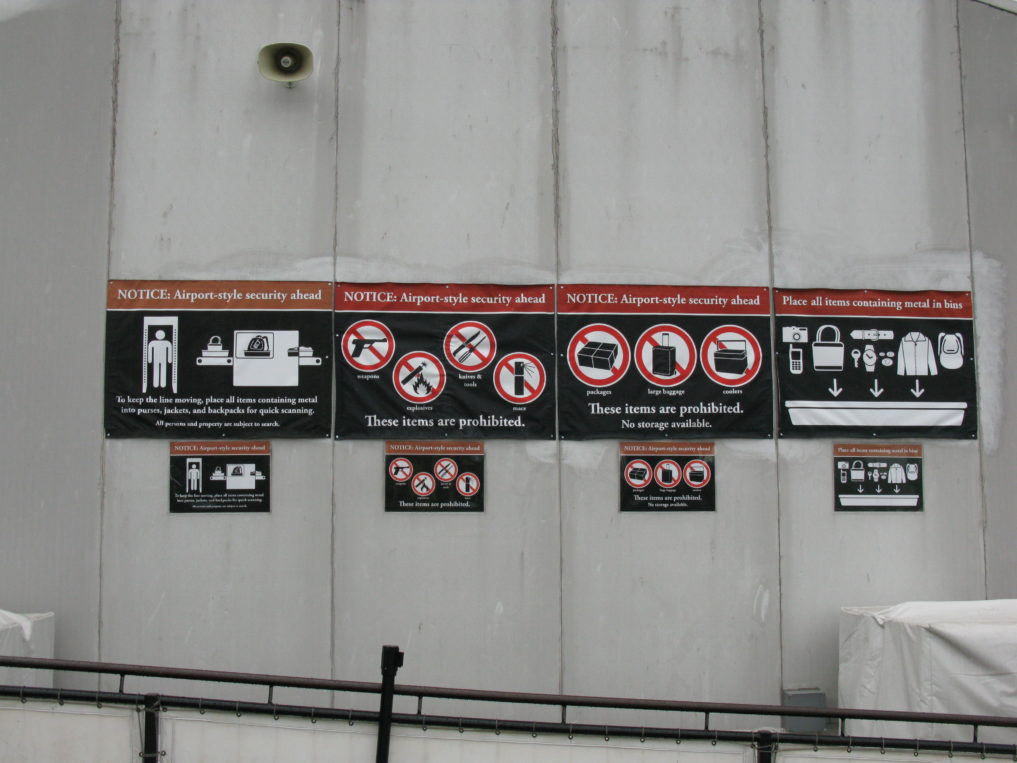
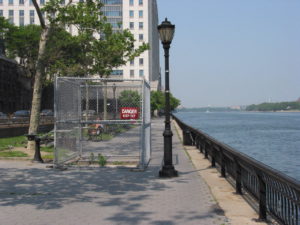
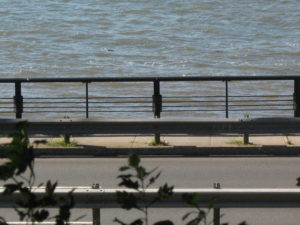
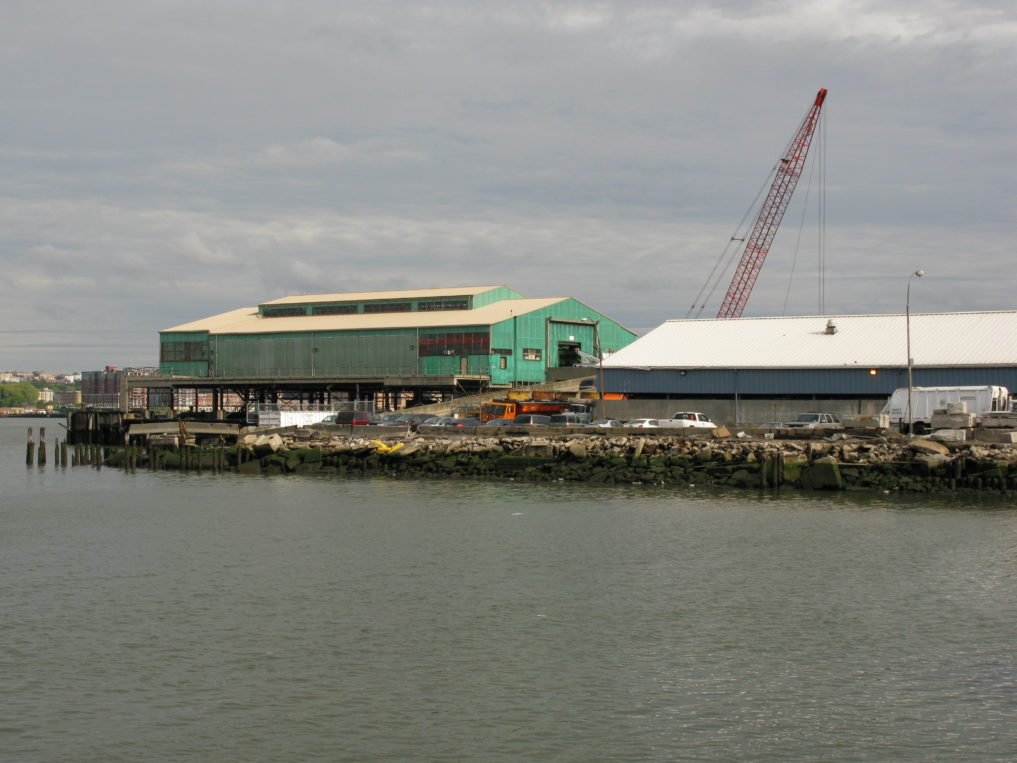
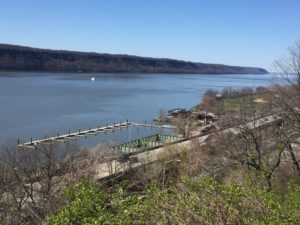
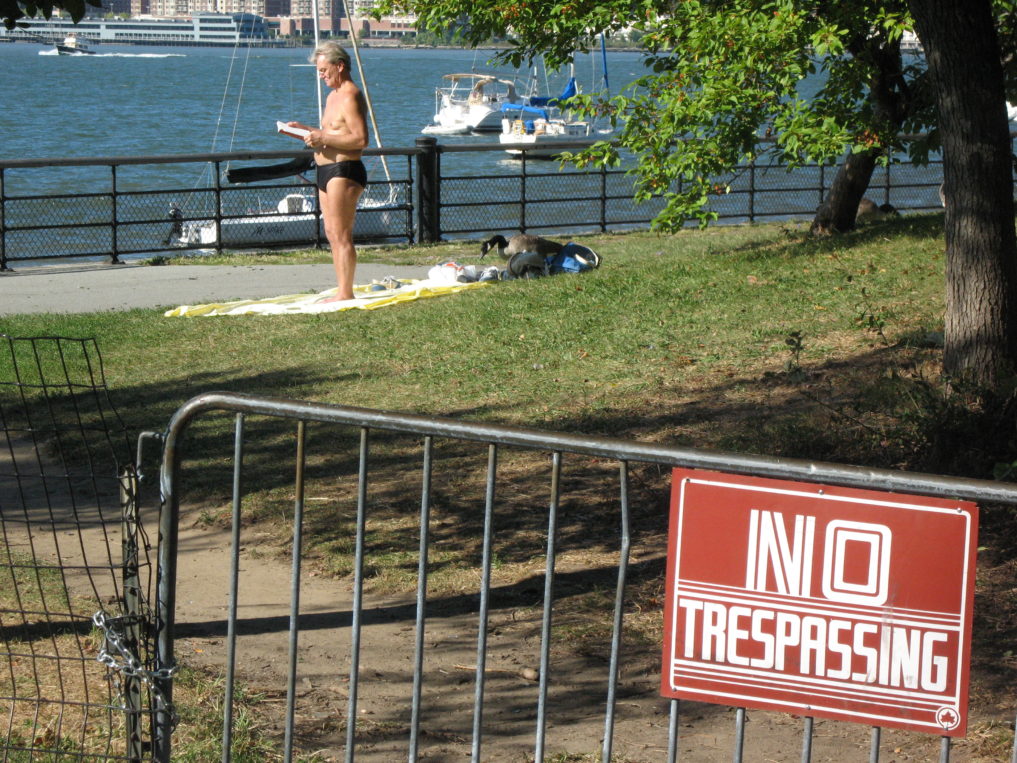
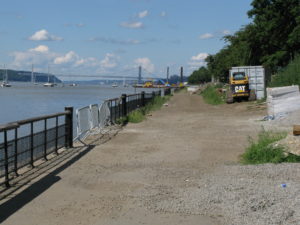
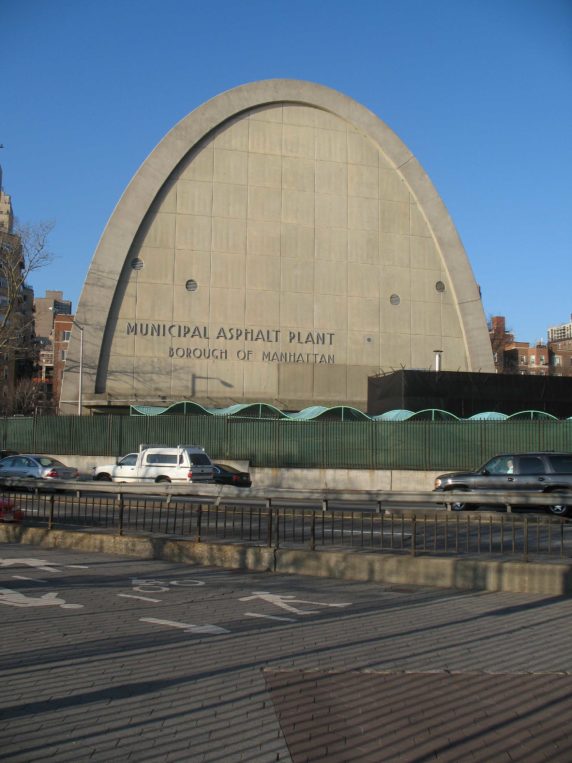
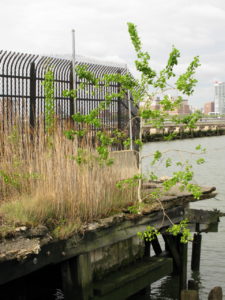
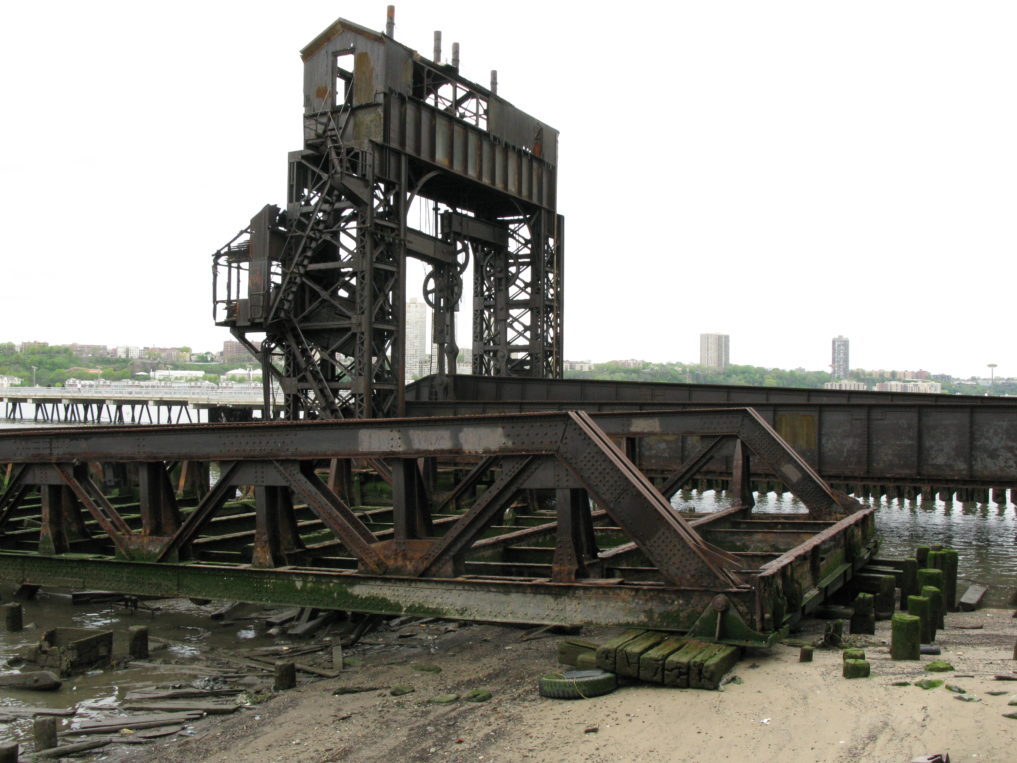
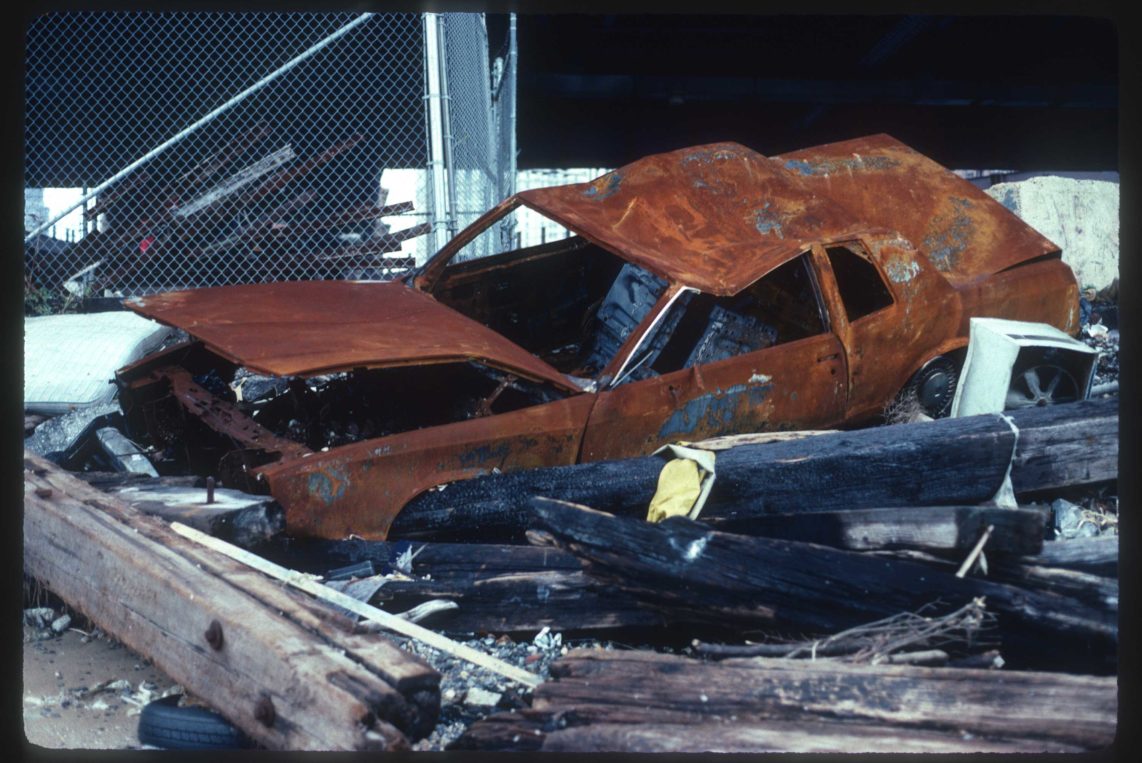
A few topics in PERIMETER:
- Cornfields, cowboys, cattle drives,
- Shanty towns and homeless encampments, veteran encampments
- Chubby Point, Hoorn’s Hoek, and Treacherous Jeffrey’s Point
- Navigating the FDR Drive without a car
- Horse-powered ferry service and the last trolley in New York State
- Local oysters twelve inches across and the biggest brewery in America
- Landfill, sinkholes, springs, glaciers, and the ice trade
- The largest human-made explosion on Earth
- Maude Sargent, John Finley, James R. Smith, and Helen Worden
- The riverfront origins of New York’s greatest park
- The United Nations, tap water and the Harlem Ship Canal
- Prisons, including barbecuing over burning library books
- The deadliest accident in New York’s history—more than 1,000 dead in one hour
- The origin of the term “New Yorker” and eating an eel in one gulp
